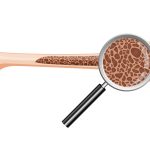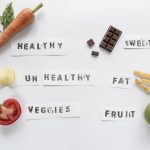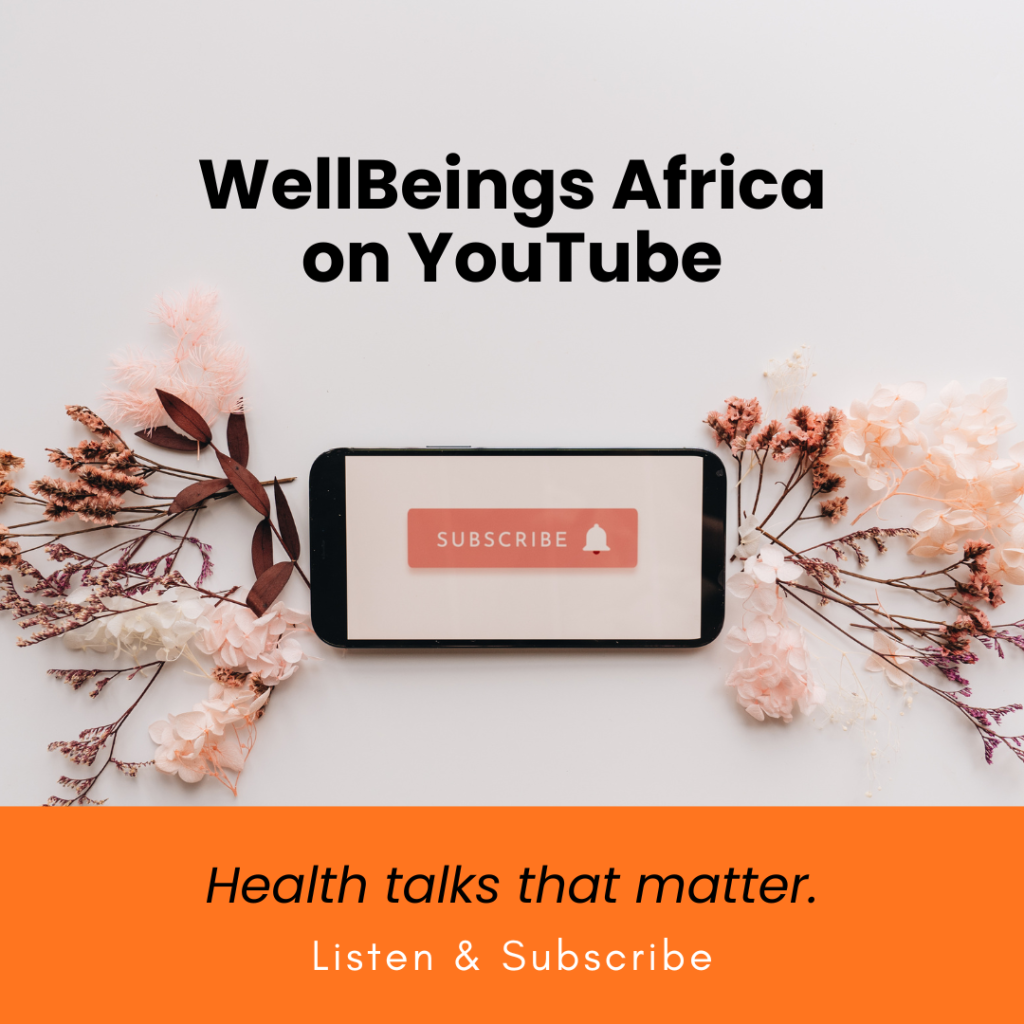More isn’t always better; vitamin overload, explained
You eat plenty of nutritious foods, exercise regularly, and take a multivitamin for that extra boost of help, but you still feel not quite right. Surprising as it may seem, not all vitamins and supplements are helpful, and some may even make you sick if taken incorrectly or in excess.
Quick Read:
- Be sure to read the ingredients listed in a supplement or remedy; you should always know what you’re taking.
- If you’re on other medication, please get advice from a pharmacist or doctor first before trying a new supplement.
- Taking a daily multivitamin should not be a replacement for a balanced diet.
Are all vitamins healthy?
One of the most important factors in staying healthy and strong is getting enough essential vitamins and minerals each day. Vitamins help your body to function at its best. Ideally, most of the vitamins you need should be found in the foods you eat, but if your diet doesn’t give you what you need, supplements can give you a helping hand.
If you browse the shelves at the pharmacy, you’ll notice supplements in various forms, like powders, tablets, capsules, and even syrups. Although vitamin supplements are, in general, good for you, too much of a good thing can harm your health – balance is vital.
Just as you can overdose on drugs or alcohol, you can also go over the limit with things that are good for you, like vitamins. Every vitamin has a daily limit and if you exceed it, you might develop a condition called hypervitaminosis. It’s difficult to overdose on any vitamin through your diet alone, but different supplements and a vitamin-rich diet can put you at risk for the condition.

How hypervitaminosis symptoms vary by vitamin
Hypervitaminosis A
Vitamin A is well known for its health benefits when it comes to skin, hair, healing, and eye health, but too much can be dangerous. Depending on how much excess Vitamin A is in your body, you’ll have different symptoms. Hypervitaminosis A symptoms include dizziness, nausea, headaches, skin irritation, pain in the joints and bones and, in some cases, can lead to a coma. A severe overdose may even lead to hair loss, loss of appetite, liver failure, vomiting, and eczema.
Hypervitaminosis B6
Vitamin B6 is important for energy, muscular function, heart health and supports the digestive tract. An overdose of B6 may leave you with painful skin rashes, nausea, heartburn, and sensitivity to sunlight. An acute overdose can have more serious consequences, such as damage to the sensory nerves. This can cause tiredness, a reduced sensation to vibrations, temperature and touch, poor coordination and paraesthesia (tingling or prickly sensation) in the hands and feet.
Hypervitaminosis D
We need Vitamin D to regulate the immune system, manage the absorption of calcium, and to ensure healthy growth of bones and teeth. This vitamin also helps your body resist certain diseases. Your body mainly gets Vitamin D from the sun and the foods you eat but sometimes, this isn’t enough, so you need a supplement. However, too much Vitamin D could damage your heart, blood vessels and kidneys.
Hypervitaminosis E
Vitamin E is found naturally in many foods like nuts, seeds, vegetable oils and unprocessed cereal grains. When you take in extreme doses of Vitamin E supplements, you may experience symptoms like fatigue, weakness, headaches and gastrointestinal problems. Blood clotting and haemorrhaging can occur in serious cases, and some men could end up with a higher risk of prostate cancer.
Images: Vecteezy





















